McKeown Medical
167 Bath Street, Glasgow, G2 4SQ
Date posted — 8.04.25
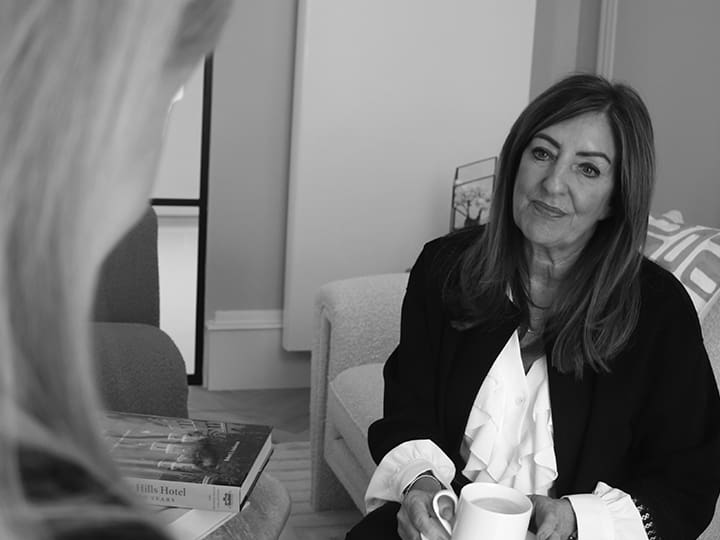
Varicose veins can be uncomfortable, unsightly, and even painful, prompting many people to seek treatment. However, one of the primary concerns for patients considering varicose vein treatment is the recovery process. What can they expect? How long does it take to return to daily activities? Understanding the recovery journey is essential for making an informed decision.
At McKeown Medical, we provide expert care throughout the entire treatment and recovery process. Whether you undergo a surgical or minimally invasive procedure, our team ensures you receive the best possible aftercare. In this guide, we’ll explore what to expect after varicose vein treatment, highlighting recovery timelines and essential aftercare measures to support healing.
For patients undergoing traditional varicose vein surgery, such as ligation and stripping, the recovery process tends to be longer compared to minimally invasive techniques, with most patients needing a couple of weeks off work. The great news, however, is that only around 1% of patients with varicose veins still require this type of invasive surgery. The vast majority of patients can be treated with a less invasive option, with most patients being able to get back to normal the same day or shortly after.
Recovering from a Minimally Invasive Vein Procedure
Minimally invasive varicose vein treatments, such as radiofrequency ablation (RFA) or foam sclerotherapy, offer a much quicker recovery, with most patients being back to normal activities within a couple of days. There is usually a little bit of soreness to the leg, although this is helped by wearing compression stockings for the first week or so.
Many people resume work within 1–2 days, especially for office-based roles. Light activity is encouraged immediately, but strenuous activities should be avoided for 1–2 weeks. Similar to surgical recovery, driving should be avoided until patients can comfortably move their legs. Long-haul flights should also be postponed for at least a week.
Recovering from a Venaseal procedure
We are very proud to be one of the first centres in Scotland to introduce the revolutionary Venaseal procedure. Venaseal is an even less invasive option and uses a special type of medical adhesive to seal the problematic veins shut. It causes less discomfort than RFA, and patients can get back to normal activities almost immediately without having to wear compression stockings. This is now our most popular type of varicose vein treatment in our clinic due to the minimal impact it has on our patients’ busy lives.
The best treatment for you will depend on a combination of factors, including your own anatomy, medical history and personal preferences. The first step is to undergo a thorough assessment and consultation by a consultant vascular surgeon. As part of this assessment, a detailed ultrasound scan will be performed to study the anatomy of your veins and look at blood flow within the leg. When we understand the anatomy and your medical history, the consultant surgeon can then discuss the most appropriate range of options for your condition before you decide on which one to proceed with.
While modern varicose vein treatments are highly effective, it’s crucial to be aware of potential risks and symptoms that may require medical attention. Patients may experience:
Knowing what to expect and when to seek further medical care ensures a smoother recovery experience.
At McKeown Medical, we specialize in VenaSeal, a cutting-edge treatment that offers an even shorter recovery period. Unlike thermal-based procedures, VenaSeal™ requires no compression stockings post-treatment and allows for an almost immediate return to daily life. Learn more about this treatment here.
Recovery from varicose vein treatment varies depending on the procedure performed, but with the right aftercare, most patients return to their normal routines quickly. At McKeown Medical, we prioritize expert-guided aftercare, ensuring each patient feels supported throughout their recovery.
If you’re considering varicose vein treatment and want to learn more about the recovery process, you can begin your journey by booking a consultation with our team today. We’re here to provide expert advice and high-quality care every step of the way.
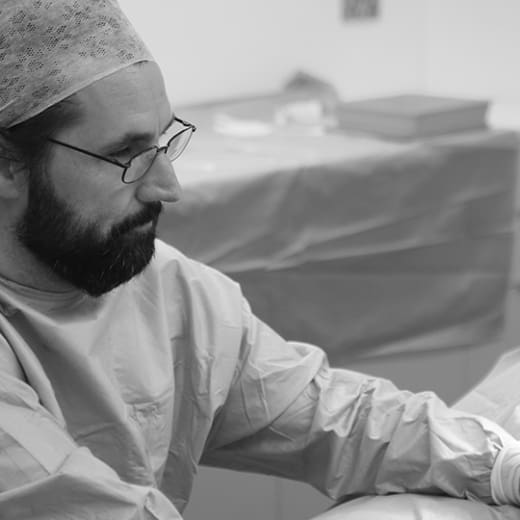
Dr Alex Vesey discusses whether varicose veins can come back after treatment.
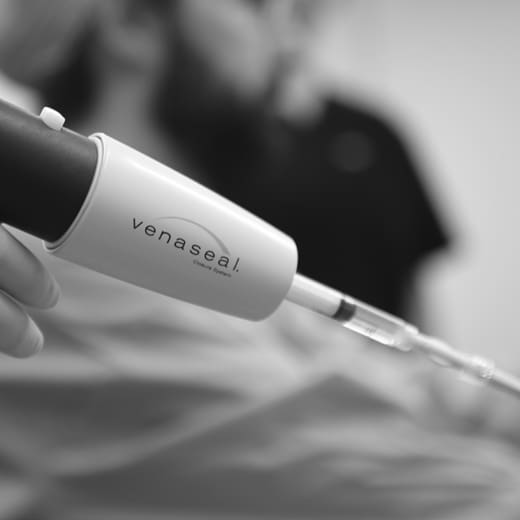
When it comes to treating varicose veins, VenaSeal™ has emerged as a revolutionary option that offers a minimally invasive and...
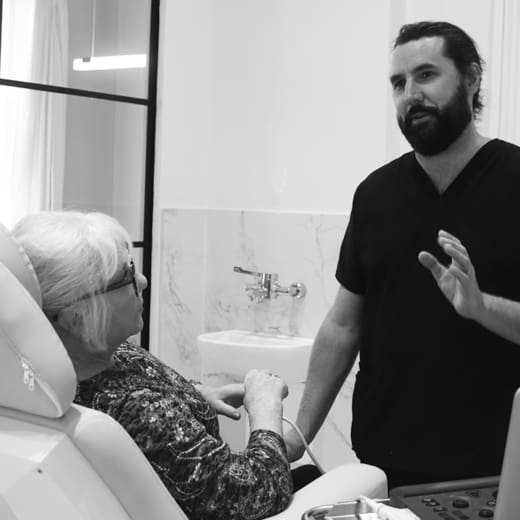
Varicose veins are enlarged, twisted veins that often appear just under the skin, primarily in the legs and feet.
1 / 3
2 / 3
3 / 3

Dr Alex Vesey discusses whether varicose veins can come back after treatment.

When it comes to treating varicose veins, VenaSeal™ has emerged as a revolutionary option that offers a minimally invasive and...

Varicose veins are enlarged, twisted veins that often appear just under the skin, primarily in the legs and feet.
Thank you to Dr Alex and all of the team! From my ultrasound scan to my treatment, I felt completely looked after and at ease all the way through. The procedure was easy and I was able to walk home! Thanks to everyone.
Gary - A McKeown Medical patientOctober 2024
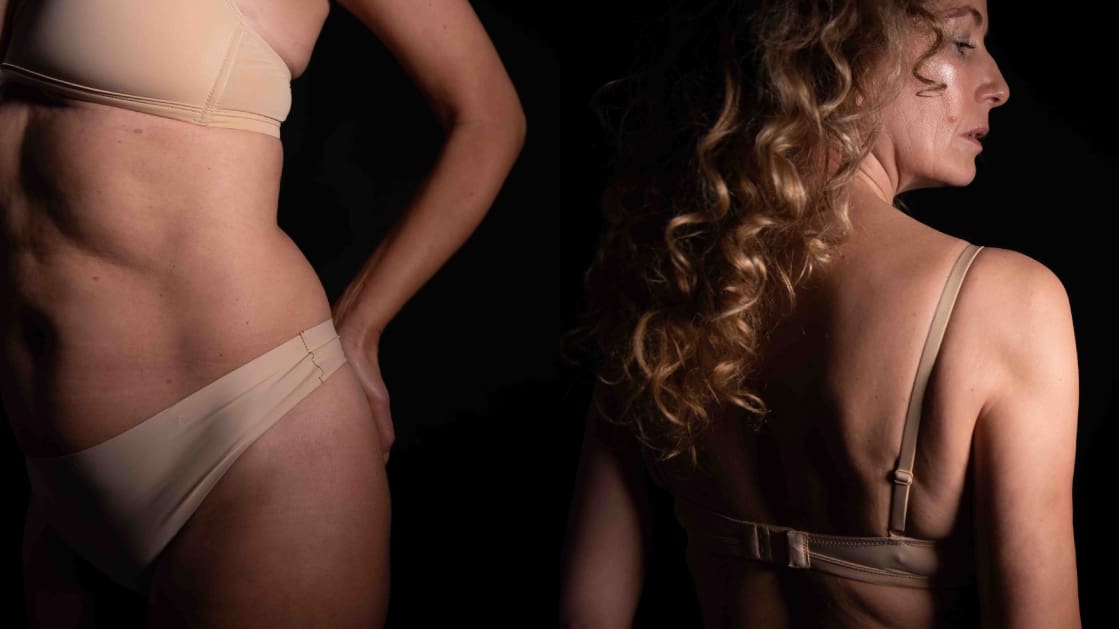
Laser eye rejuvenation! Thank you to our lovely patient for allowing us to share her photos, just one week after her laser eyelid rejuvenation.
Crepe skin, loose skin, wrinkles are all common signs of ageing around the eye which do not respond well to surgery. The optimal treatment for these problems is laser resurfacing - which is exactly what this patient had.
We’ve been performing these treatments in the clinic for several years, although I’ve recently modified the technique to achieve incredible results with less downtime.
What do you think?

Here’s another fantastic result from our phenomenally talented plastic surgeon, @bramhallplasticsurgery .
As we age, the eyebrows naturally descend which allows excess skin to fall into the upper eyelids. The two main surgical options to address this are a brow lift, an upper eyelid lift (upper blepharoplasty) or both, but for many patients the most appropriate option is also the simplest: to leave the brows exactly where they are and address the excess skin at the eyelids alone.
Upper blepharoplasty is a straightforward procedure with scars hidden in the natural eyelid crease, making them very hard to see once healed. Brow lifts are usually more involved, often require a general anaesthetic, and tend to create a more noticeable change to the face.
The aim with upper eyelid surgery is subtle improvement - looking fresher and more rested, without it being obvious that you’ve had anything done.
This 42-year-old gentleman had a bilateral upper blepharoplasty under local anaesthetic and is shown here six months after surgery.
What do you think?

With darker evenings and fewer social engagements, January is a great time to think about treatments which benefit from a little down time or those that will deliver their best results by spring.
Here’s Dr Darren with his top recommendations for treatments to have over the winter months, including Sofwave, HALO, full-field resurfacing and varicose vein treatment, all of which will deliver beautiful results in time for the weather getting better and social calendars filling up!
Which treatments are you planning?

Another year, another round of incredible transformations from our team at McKeown Medical!
Eye bags banished, jowls lifted, skin refined, veins gone. Thank you so much to all of our patients who have allowed us to share their photos with you and thank you to our incredible team who work so hard to take care of every patient who trusts us with their care.
Here’s to 2026 and another year of incredible transformations!

“But Daddies, WHEN is Santa coming? I want to wait up for him!”
Happy Christmas to all, and to all a good night 🎅🏻

Laser rejuvenation of the eye area can be an incredibly powerful tool for the right patients, especially those whose ‘bags’ are more about loose skin and fine lines, like this lovely patient here.
We treated her with full field ablation, which takes around 2 weeks to recover from. Her she is a few weeks later and you can see how much tighter the skin is, the crepey skin has gone and the fine lines have been ironed out. The patient is over the moon.
What do you think?

Eyelid surgery is one of the most popular procedures we do in the clinic. It’s a great fix for hooded eyes! Excess skin on the upper eyelids can not only create a hooded, heavy appearance but often affects the vision too.
Here’s the very talented @bramhallplasticsurgery discussing how upper eyelid surgery (blepharoplasty) can restore a more open, refreshed look by removing the excess skin and subtly redefining the natural eyelid crease. Scars are hidden within the fold of the eyelid, leaving eyes that look brighter, not “done.”
Do you have any questions about surgery? Ask in the comments or send us a message!

Thank you to our patient for allowing us to share her before and after photos of her upper blepharoplasty.
Excess skin on the upper eyelids can make the eyes appear tired or heavy. This simple procedure restores a lighter, more open look while keeping the result completely natural.
Another fabulous result from the very talented @bramhallplasticsurgery!
What do you think?

We’ve been in our new home for a year now and I thought this would be a good time to remind you just how special it is with a little video tour.
It’s been a remarkable year for us in our new home; we’ve introduced new doctors, new treatments, new services and our team continues to grow from strength to strength - always striving to provide more and better for our wonderful patients.
Enjoy the tour!
